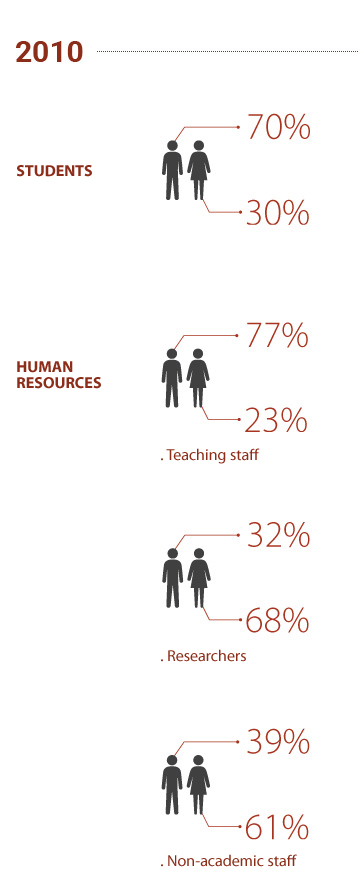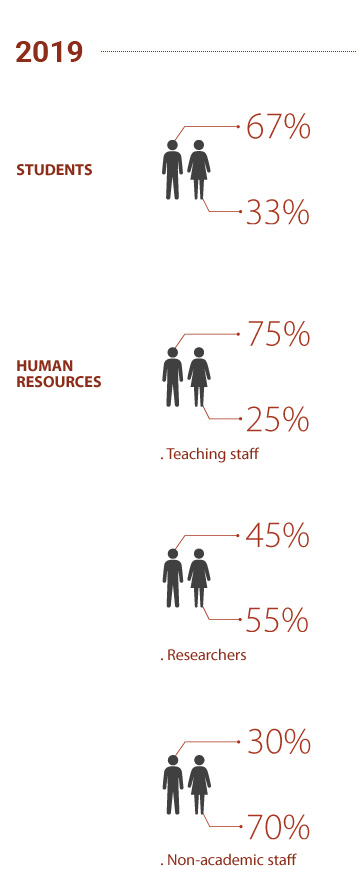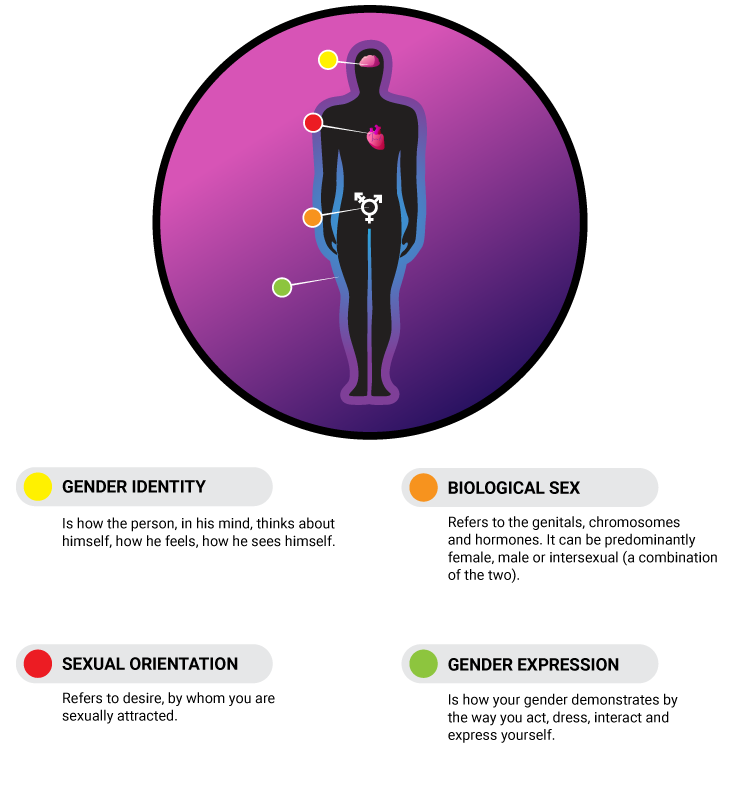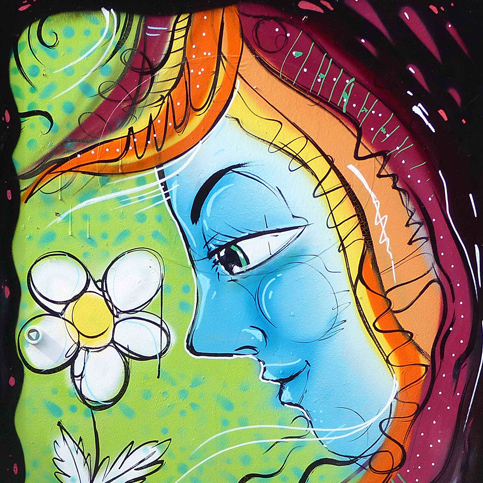Gender Equity & LGBT+
To describe individuals, gender is one of the first categories used and one that most influences social life.
Gender issues are linked to issues of inequality and power in societies, usually defined as the differences in status, power and prestige that men and women acquire in groups. In a patriarchal society, women were associated with motherhood and care, remaining unaware of the decision-making spaces.
The profound and rapid social changes of the second half of the last century had a strong impact on the social roles of men and women, with emphasis on the entry of women into public life, namely in the labor market.
Concretely in Portugal, the feminization of the active population is an unavoidable trend in recent decades. FEUP, although inserted in a traditionalist culture where old social roles of men and women were perpetuated where men preferred engineering and technology, has been witnessing a trend, albeit very gradual, of equalizing genders.


The diversity that comes from sexual orientation and gender identity cannot be addressed in isolation from the other vectors of diversity that cross each individual.
Achieving effective equality for LGBT + people and regardless of gender is a joint responsibility.
Recognition and respect for sexual orientation and gender identity is part of what we mean by human rights. Everyone has the right to a dignified and violence-free life and the university context is a space where people spend a great deal of their time.
We therefore want to ensure that equality and non-discrimination are real and effective for all people at FEUP, in order to avoid compromising coexistence, well-being, academic success and the personal and professional development of men, women, without binary gender and regardless of sexual orientation.
We intend to create a safe environment for the university community to interact in relation to sexual orientation and gender identity. Although prejudices may be unconscious, without the intention of discriminating explicitly, we cannot allow, either individually or collectively, to be naturalized.
We propose to prevent, detect and not tolerate any type of discrimination, forced invisibility, rumors and offensive comments that disturb the environment and the community that lives in our faculty.







